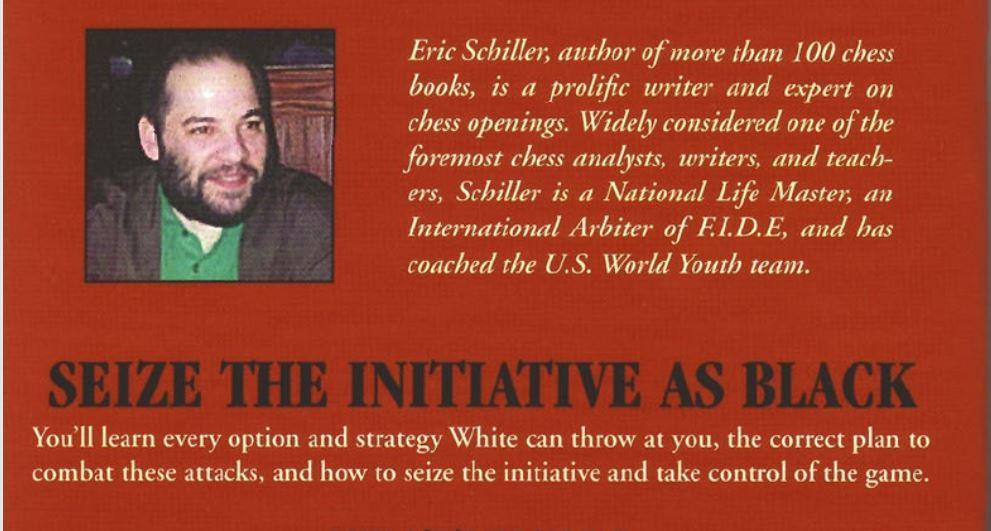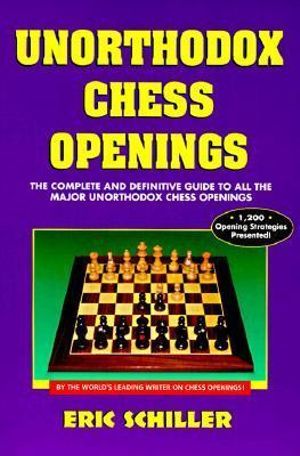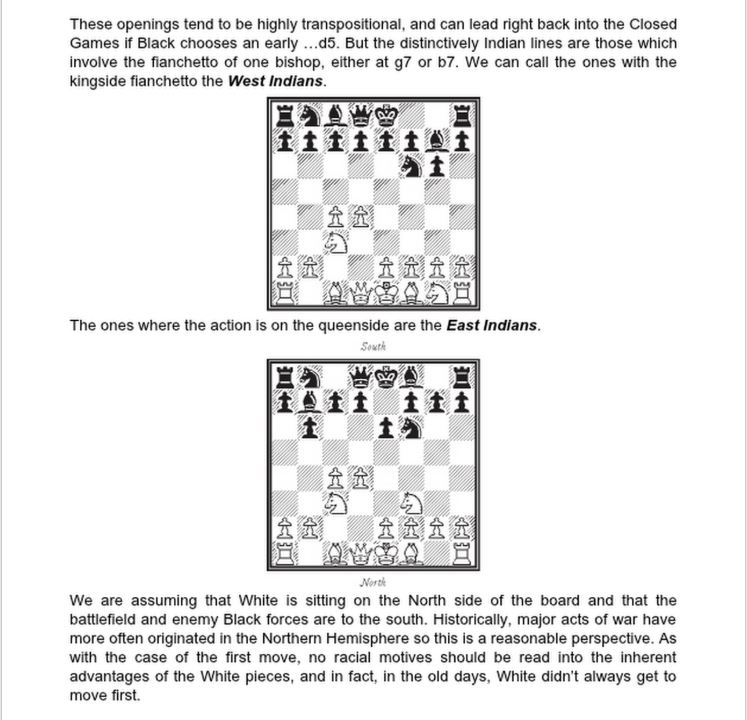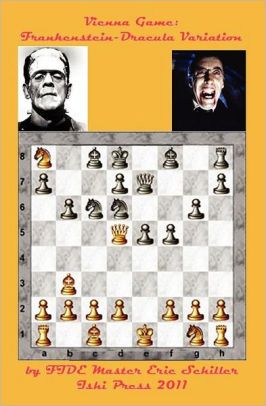
Eric Schiller (1955-2018), 'Wing Gambit' Of Chess Authors
Recently the chess world received news of the passing of Eric Schiller, FIDE master, arbiter, organizer, teacher, and, most importantly, author. According to the US Chess Federation, he died on November 3 of cardiovascular disease. Schiller was 63.
Schiller, an academic in linguistics, was one of the most prolific chess book writers of all time. His Wikipedia page lists more than 100 titles he authored or co-authored. However, many of these books are widely considered to be of rather dubious quality, despite their devoted following among beginning- and club-level players. In this way Schiller himself was much like the Wing Gambit or many of the other disdained but irrepressible openings he often wrote about.
Let's remember him by taking a look at a few of his notable books, and their reception by both serious reviewers and regular players:

Unorthodox Chess Openings (Cardoza, 1998)
This book received an infamous two-word review by GM Tony Miles in Kingpin magazine: "Utter crap." However, GM Peter Heine Nielsen (Magnus Carlsen's trainer) stated on my Facebook page that he "really enjoyed" the book. Here is a sample:
 (Get it? "c-a-b-B-a-g-e"! Nota bene that the notation does not match the diagram...)
(Get it? "c-a-b-B-a-g-e"! Nota bene that the notation does not match the diagram...)
In my view this book advertises its contents plainly, and if weird (and possibly bad) is your cup of tea, Unorthodox Chess Openings offers a lifetime supply!

World Champion Openings (Cardoza, 1997)
This was one of my first chess books, and from the moment I bought it at a scholastic nationals around the year Y2K, it and I were inseparable. It covers the major white and black openings, including the novel classification system of "East Indian" and "West Indian" defenses:

The illustrative games for each opening are by world champions, and the opening repertoire of each Champion is surveyed. The book is not heavy on theory, but for my level at the time (~900 USCF) it felt like a huge if not quite unconquerable expanse of information. Also I think its historical perspective was valuable for me to be exposed to early in my chess development. An updated and revised edition was published in 2003, which I have not seen.

Frankenstein-Dracula Variation in the Vienna Game (Chess Enterprises 2000) // Vienna Game: Frankenstein-Dracula Variation (Ishi Press 2011) [updated version and e-book]
In one of the most scathing chess book reviews you can imagine (at least until you get to the next paragraph of this blog post), FM Carsten Hansen, writing for ChessCafe.com, declared this book to be "by far THE WORST BOOK I HAVE EVER SEEN."
That of course inspired me to download the updated Kindle edition, which I found to be disappointingly (but perhaps fittingly?) mis-formatted, with none of the diagrams having been properly typeset, nor any of the original edition's wacky fonts retained. The analysis itself is of no interest to me, not so much because of my playing level or because the material is now years out of date, but rather because after the introduction to this opening (1.e4 e5 2.Nc3 Nf6 3.Bc4 Nxe4 4.Qh5!? Nd6 5. Bb3) I have always played the simple 5...Be7, as in the following game from November 2017 at the Memphis Chess Club:
For readers who are interested in further exploring Schiller's literary standards, the ever-merciless Edward Winter has a number of feature articles on his Chess Notes website which investigate this topic thoroughly:
- http://www.chesshistory.com/winter/extra/copying.html
- http://www.chesshistory.com/winter/extra/keene.html
- http://www.chesshistory.com/winter/extra/over.html
- http://www.chesshistory.com/winter/extra/schiller.html
Appropriately, in one of his final tournament games, the ECO code "A00: Uncommon Opening" was needed, as his opponent played the Grob.
I hope that for you, as for me, Schiller's obvious failures and shortcomings do not take away from the fact that he was deeply passionate about chess, and about sharing his passion and knowledge with a wide audience. Although he broke a few eggs along the way, he left behind a massive, delicious chess pie for us all to savor for years to come -- fillers, additives, artificial flavors and all. Bon appetit!

Photo: https://www.myrecipes.com/recipe/classic-chess-pie
- NM Alex King (Memphis, TN)
[Chess.com editor's note: For more information on Schiller's life, including remembrances by other chess players, be sure to check out the obituary at Chess Life Online.]